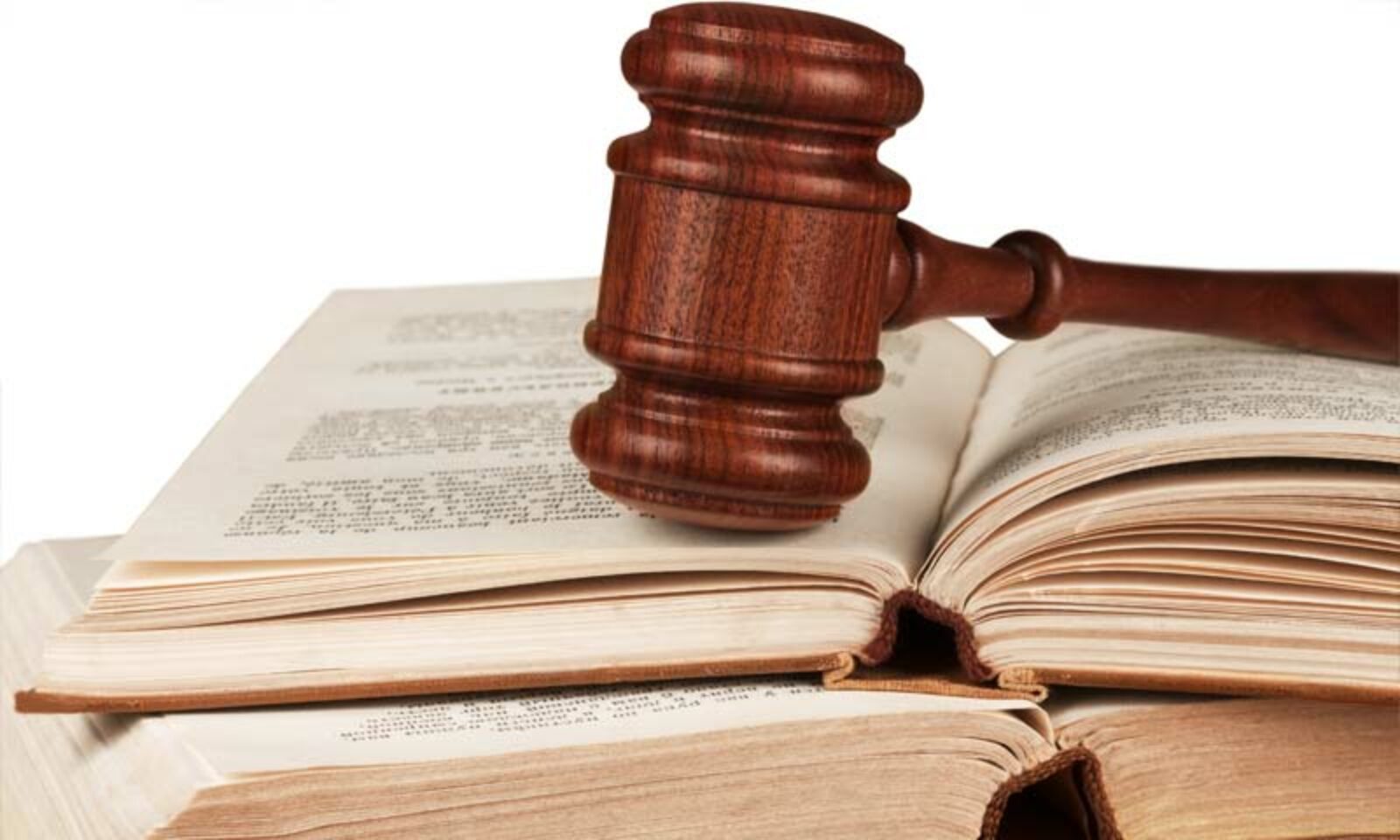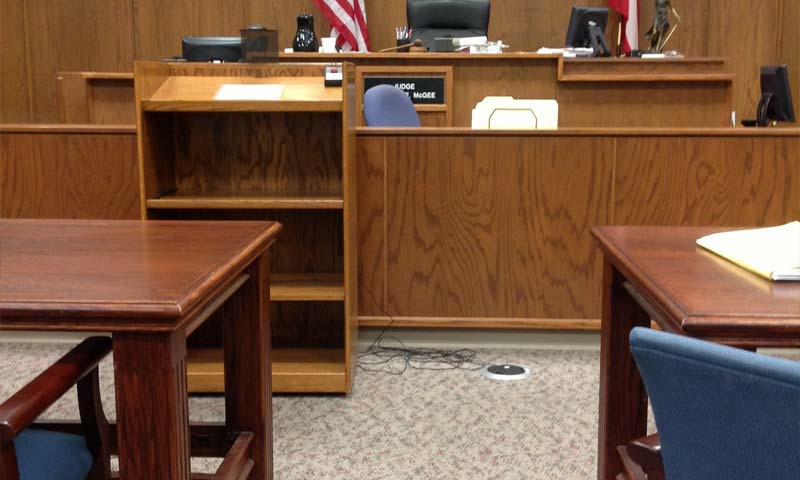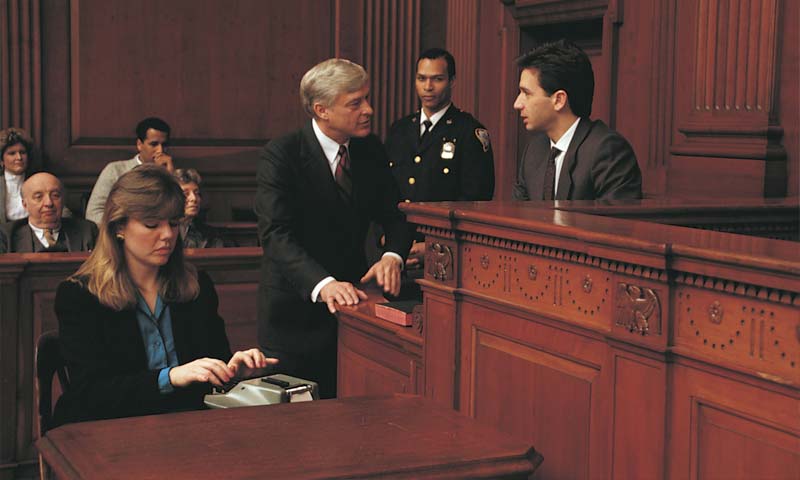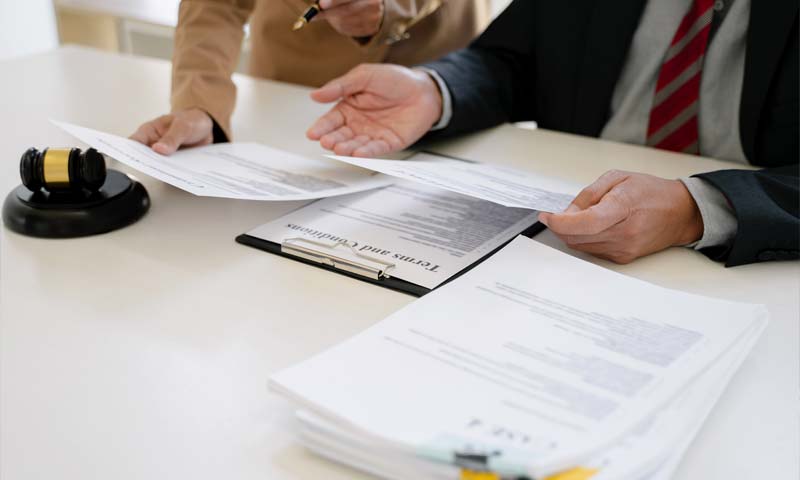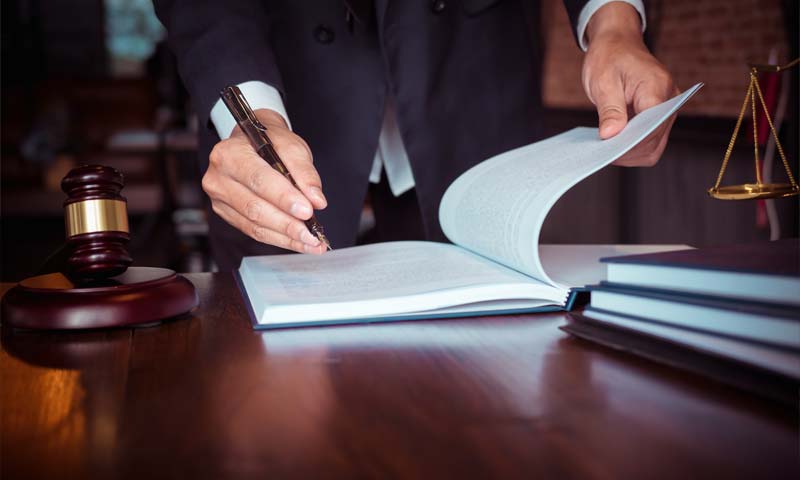Chapter 7
WHAT IS CHAPTER 7 BANKRUPTCY?
In a Chapter 7 bankruptcy, a trustee (an attorney appointed by the bankruptcy court to administer your case) will look to sell any of your assets that he or she can in order to pay your creditors. However, you are allowed to keep certain amounts of property, called “exempt” property, that will be protected from liquidation. Because of these exemptions, most Chapter 7 filers will have “no asset” cases, meaning that they do not have any non exempt assets that can be turned over.
At the close of your case, unless objections are made, you will receive a discharge that relieves you of the obligation to pay most of your debt. Unsecured debt (debts without collateral) is generally dischargeable. Certain debts like taxes, student loans and domestic support obligations cannot be discharged. If you have secured debt, such as a mortgage or car note, you must agree to continue paying the debt if you want to keep the collateral.
Can I File Chapter 7?
You can generally file Chapter 7 if you meet the following criteria:
- You have not received a Chapter 7 discharge in the last eight years.
- You have not filed a Chapter 13 in the last six years, if you received a discharge for that case.
- You have not had a Chapter 7 or 13 case dismissed in the previous 180 days for debtor misconduct.
- Your average monthly income from the previous six months is less than the median income in Illinois, taking into account household size.
- Your income is more than the median income in Illinois, but you have less than $125 in monthly disposable income. “Monthly disposable income” is a term of art under the bankruptcy code that requires an analysis of your income and expenses.
- Your income is more than the median, you have between $125 and $208 in monthly disposable income, and your monthly disposable income multiplied by 60 equals less than 25 percent of your unsecured debt.
- Your petition is truthful, and you have not engaged in fraudulent or dishonest conduct prior to filing for bankruptcy.
Is Chapter 7 Right For Me?
Not everyone can or should file Chapter 7. If your household earns too much money, you may be compelled to file a Chapter 13. If you are behind on secured debt but want to keep your property, Chapter 7 may not be a good option. And if you have substantial non exempt assets, you risk liquidation of that property in a Chapter 7.
Chapter 7 could be a good choice if:
- You have large amounts of unsecured debt like credit cards, personal loans and medical bills.
- You own no assets that are subject to liquidation.
- Your household income is below the median in Illinois, or if it is above the median, you have little monthly disposable income.
- You are current on your secured obligations.
- You are upside down on a vehicle and can pay the vehicle’s fair market value to your note-holder in full satisfaction of the debt. (This is called “redemption,” and it is only available in Chapter 7.)
However, Chapter 7 may not be a good choice if:
- You are behind on secured debts, or most of your debt is nondischargeable items like taxes, student loans and domestic support obligations.
- You have assets that are unexempt and subject to liquidation.
- You have transferred property or paid money to a family member or friend in the last year. These are “preferential transfers” that can be avoided by the trustee, meaning he or she can demand that your friend or family member return the money or property.
- You have incurred credit card debt in the last 60 days, or taken cash advances or transferred balances in the last 75 days. These transactions are presumed to be fraudulent and may not be discharged.
What If I Own A House Or Car? Can I Keep My Stuff?
Chapter 7 is referred to as a “liquidation” bankruptcy, because the objective is to liquidate your assets to pay as much of your debt as possible. But you are protected by laws called exemptions that “exempt” your property from being turned over to the trustee. A Chapter 7 filer in Illinois can keep up to $15,000 in equity in a primary residence, up to $4,000 in personal property and up to $2,400 in the equity of a vehicle. For married filers, these amounts are doubled.
In valuing your assets, the standard is not what you paid for them, but what they could be resold for (think garage sale prices). Accordingly, the flat-screen TV and surround-sound system you paid $5,000 for three years ago might be worth $500 or less. Your prized Xbox 360 for which you paid $400 might be worth $100 with the games included.
Of course, certain property retains value better than miscellaneous household items — cash, bank accounts and jewelry, for example. Vehicles may be valued accurately using resources such as Kelley Blue Book or NADA.
Certain assets receive unlimited exemptions in Illinois. Retirement accounts, workers’ compensation awards and cash-value life insurance of which your spouse is a beneficiary are examples. These assets are untouchable, no matter their value.
After I File, What Will Happen?
Once you file, an automatic stay provides you with instant protection from debt collectors. Your case likely will take three to four months to complete, but from your perspective, the relief of the Bankruptcy Code is immediate.
Within one to two months of filing, you will need to attend a meeting of creditors, which affords the trustee and your creditors the opportunity to question you under oath about your bankruptcy petition. The trustee will be present, but creditors rarely appear. Mr. Hiatt can prepare you for this meeting and attend it with you as your counsel.
The meeting of creditors is not a court proceeding. Court appearances in Chapter 7 cases rarely require your appearance. Usually, the meeting is the only matter you must attend.
Your discharge will be entered 60 days after your meeting, unless the trustee asks for an extension. If a creditor wants to object to your bankruptcy, it must do so before the discharge date.
Contact An Experienced Illinois Bankruptcy Lawyer
Still have questions? Contact me, Chapter 7 bankruptcy attorney Brian Hiatt in Kankakee, to discuss your situation. Call 800-680-1657 toll free or email the firm directly.
Brian G. Hiatt’s law firm is a debt relief agency. It helps people file for bankruptcy relief under the Bankruptcy Code.
